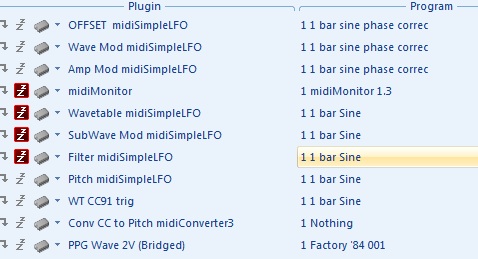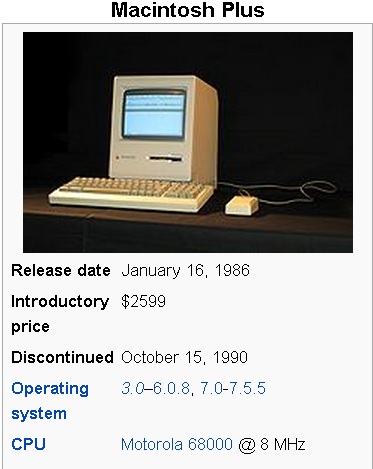I think it is possible to guarantee performance. If you can make it work once and you change nothing, then it should work again and again and again.
TiUser has a certain take on this which I'm a little more relaxed about.
That is, if you can have a computer which is up to the task you are demanding of it, and you have a safety margin, you will not fail.
I do use my Thinkpad live on some fairly hefty gigs in front of audiences - and with artists who simply would not be interested if I had a CPU meltdown on stage,
They just want it to work.... and it does.
But it was a learning process, and each person has to go through it. No two systems are the same unless you run the identical plugins on the identical computer setup.




